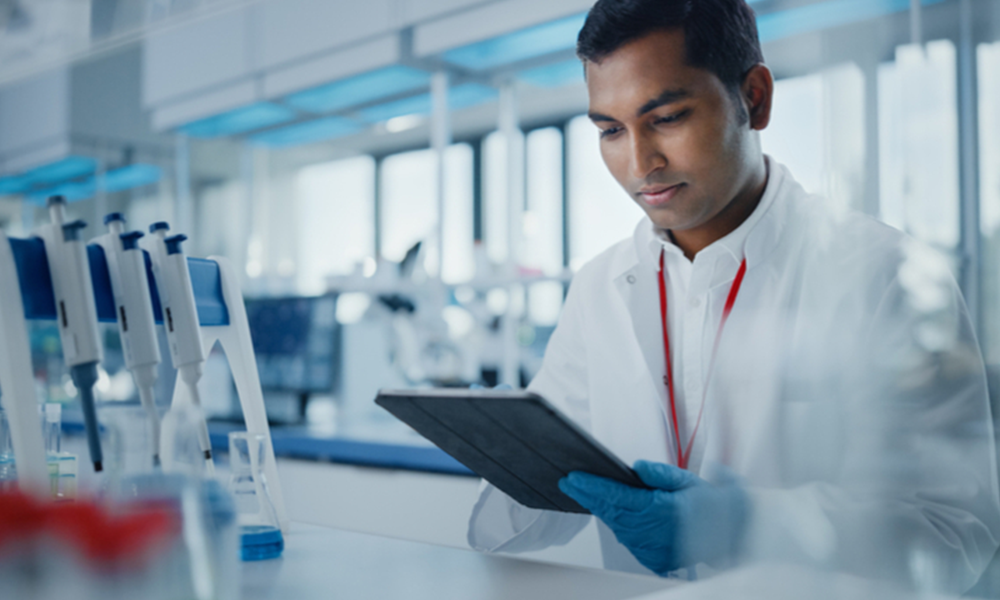A medical laboratory professional (also known as a Medical Laboratory Scientist or a Clinical Laboratory Technologist) is a healthcare professional who performs chemical, hematological, immunologic, microscopic, and microbiological
diagnostic analyses on body fluids such as blood, urine, sputum, stool, cerebrospinal fluid (CSF), peritoneal fluid, pericardial fluid, and synovial fluid, as well as other specimens. Medical laboratory scientists operate in hospitals, reference laboratories, biotechnology laboratories, and non-clinical industrial laboratories.” – Medical Laboratory Science Model Curriculum Handbook, Ministry of Health and Family Welfare (Allied Health Section)
Roles and Responsibilities of a Lab Technician
Collection of biochemical, microbiological, pathological, blood banking, and hematological specimens such as blood, urine, feces, sputum, sperm, tissues, and bodily fluids for different biochemical, microbiological, pathological, blood banking, and hematological studies.
For adequate therapy, accurate diagnosis is required.
They cultivate bodily fluid and tissue samples to assess the presence of bacteria, virus, fungus, and other pathogens.
Investigate with the aim of determining a differential diagnosis.
Control the spread of infectious illnesses
Test human cell samples for complex proteins and nucleic acids.
Collect, type, and crossmatch blood; prepare transfusion components
Participate in national eradication projects such as polio, HIV, and other diseases.
Management of medical disasters
Keeping track of records and compiling data
As senior professionals, we educate and train new MLT graduates in the manufacture of vaccines and antisera
such as DPT, meningitis, and anti-snake venom, among other things.
Medicines, anti-sera, medications, reagents, and other items are tested and certified.
